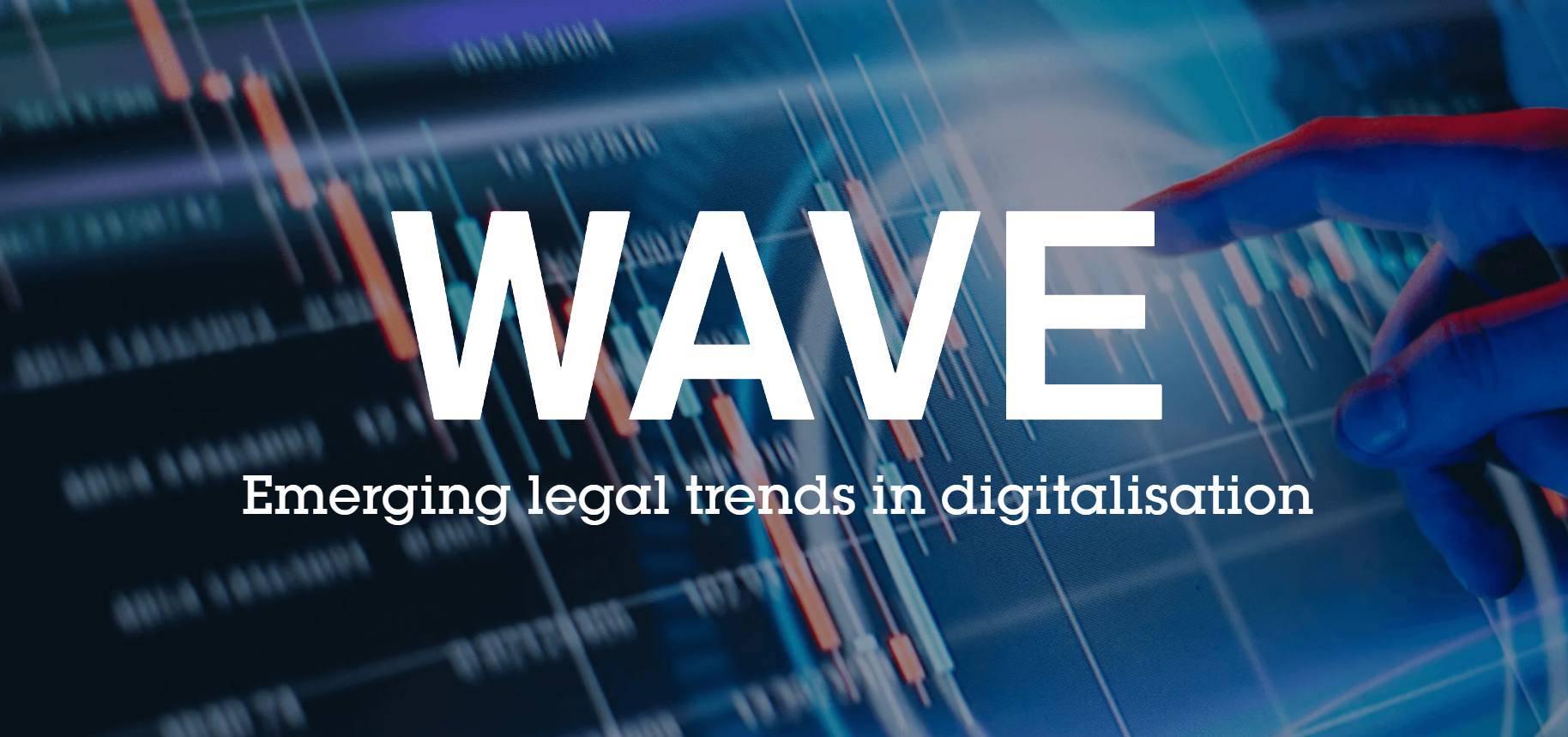Osborne Clarke’s WAVE report identifies Europe’s most important digitalisation trends and challenges for business
Published on 11th June 2025

'WAVE - Emerging Legal Trends in Digitalisation' can be downloaded at wave.osborneclarke.com
International legal practice Osborne Clarke has launched a new publication highlighting the digitalisation trends likely to affect corporate and legal risk, responsibility and capabilities in businesses across Europe. These include agentic AI, AI-led hyper-personalisation, the rise of class actions in digital markets, technology supply chains and what M&A opportunities are exciting investors
WAVE – Emerging Legal Trends in Digitalisation has been released during London Tech Week and features in-depth analysis of eight topic areas:
- Agentic AI
- AI-driven hyper-personalisation
- The evolution of the in-house legal team
- Tech supply chains
- M&A trends
- Data sovereignty
- Class actions
- Regulatory divergence
The report says that as digitalisation deepens across every layer of business, the impact on those businesses and their legal teams is profound. They are encountering new expectations and new challenges every day and are being drawn into decisions shaped by systems such as AI tools which can act independently, and where detailed government regulation is often not yet fully agreed.
This is an exciting period in business and technology but innovations such as AI do not pause for legal review.
This means that legal teams are increasingly being asked to assess risk in motion. This demands a significant shift in culture and approach including flexibility and more adaptability, and closer engagement with areas including product design, compliance and technology. WAVE brings together some of the most exciting but also some of the most concerning trends in digitalisation. These are likely to affect all organisations across all sectors at some point.
The report urges organisations to make AI governance an “operational backbone” rather than merely a “compliance safeguard.”
Regulators are starting to respond, with the EU AI Act requiring both providers and deployers to ensure staff possess adequate AI literacy - but with agentic features entering businesses faster than many can govern them, waiting for legal clarity or technical maturity will not shield businesses from the risks.
John Buyers, partner and co-head of Osborne Clarke’s AI international service team, says the organisations best positioned to navigate this environment are not necessarily those with the most advanced tools - but those with a clear line of sight into AI use and an enabling governance structure ready to manage it.
We’re already witnessing analysis paralysis in the enterprise community. Simply put, indecision and uncertainty will act as blockers to fully embracing the potential of agentic AI.
A failure to implement clear AI governance means you risk being left behind as your competitors race ahead.
'WAVE - Emerging Legal Trends in Digitalisation' can be downloaded at wave.osborneclarke.com




